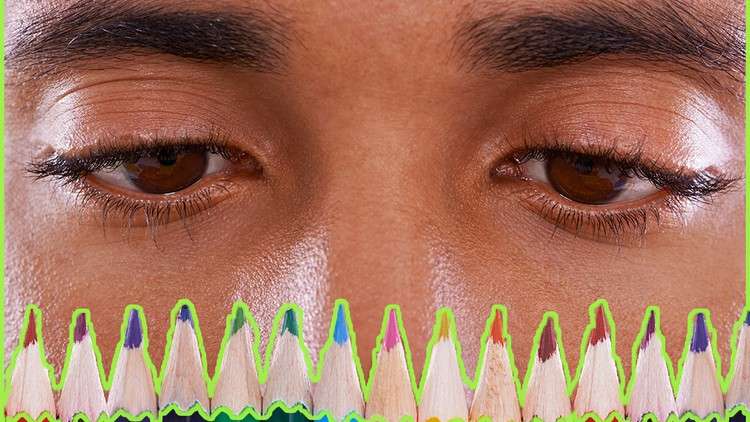
Many well known people have OCD and this course allows the learner to live to their best with the condition.
What you will learn
How To Manage Obsessive-Compulsive Disorder (OCD) Theory
Obsessive-Compulsive Disorder (OCD) Science
How OCD Can Be Managed and Sometimes Improved
Techniques and Treatement For Management and Improvement
Description
Obsessive-Compulsive Disorder (OCD) is a mental health condition characterized by persistent, intrusive thoughts (obsessions) and repetitive behaviors or mental acts (compulsions) that an individual feels compelled to perform in response to the obsessions. These obsessions and compulsions can interfere significantly with daily life, causing distress and impairing normal functioning.
Key features of OCD include:
- Obsessions: These are intrusive and unwanted thoughts, images, or urges that cause significant anxiety or distress. Common obsessions include fears of contamination, fears of harm coming to oneself or others, concerns about symmetry, and taboo or unacceptable thoughts.
- Compulsions: In an attempt to reduce the anxiety or discomfort caused by obsessions, individuals with OCD engage in repetitive behaviors or mental acts known as compulsions. These rituals are often not connected to the event they are designed to prevent but are instead performed to alleviate the distress associated with the obsessions.
- Interference with Daily Life: OCD can significantly impact a person’s ability to function in their daily activities, work, and relationships. The time-consuming nature of compulsive behaviors can lead to a cycle where the rituals take up more and more time, further exacerbating the disruption to normal life.
- Insight: Many individuals with OCD are aware that their obsessions are not grounded in reality, but they still feel compelled to perform the associated compulsive behaviors.
OCD is a chronic condition, but it is treatable. Treatment often involves a combination of psychotherapy, particularly a type called Cognitive Behavioral Therapy (CBT) with a focus on exposure and response prevention, and sometimes medications, such as selective serotonin reuptake inhibitors (SSRIs).
It’s important for individuals experiencing symptoms of OCD to seek professional help. A mental health professional can assess the severity of the condition and develop an appropriate treatment plan tailored to the individual’s needs.
Obsessive–compulsive disorder is a mental condition in which a person feels the need to perform specific routines repeatedly or has certain thoughts repeatedly. These are compulsions and obsessions. The person is unable to control either the thoughts or activities that they do. This course allows the learner to learn all about OCD.
Content